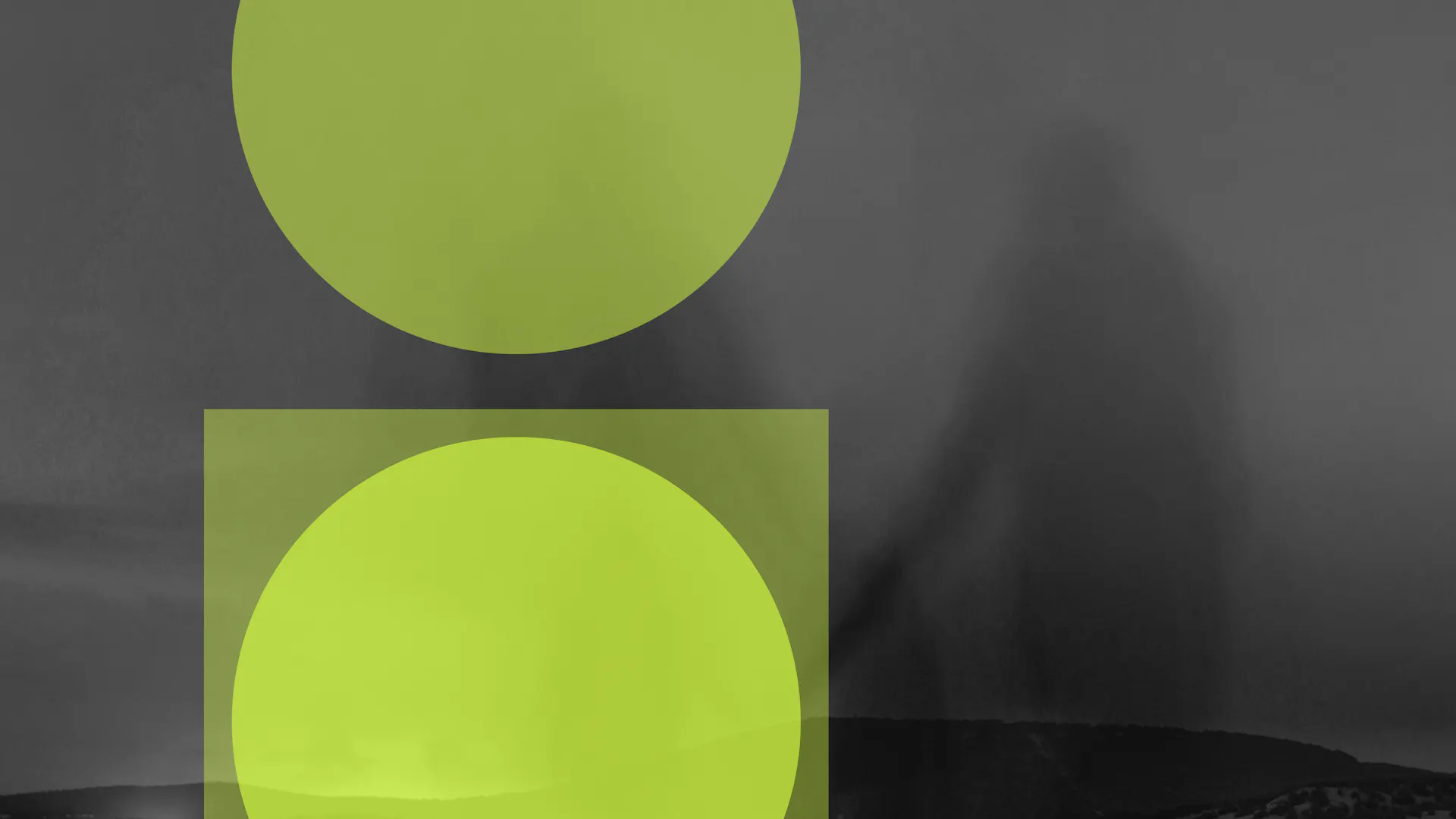Business Continuity Management Systems


PGI’s Digital Investigations Team brings you the Digital Threat Digest, SOCMINT and OSINT insights into disinformation, influence operations, and online harms.

As we approach Mental Health Awareness Month, it is paramount that, as digital investigators, we reflect on how information environments can be conducive spaces for constructive conversations around mental health and hygiene. As an older sister to a pre-teen brother, I sometimes worry about the corners of the internet he roams and the rise of the 'manosphere' and viral 'alpha male' influencers, who often downplay or outright deny mental health issues.
Recent research suggests that kids are accessing social media at increasingly younger ages, with some studies pointing to a correlation with rising levels of depression and anxiety among young people. The result is that increasingly younger and more vulnerable audiences are exposed to influencers who suggest that mental health challenges may stem from living unworthy lives or from a lack of effort toward becoming worthy 'alpha' men. Personalities, like the (unfortunately) famous Andrew Tate, ridicule mental health and instruct men and boys to make improvements in toxic ways. This mindset—which requires adherents to chase eternally shifting goalposts on what defines a man’s worthiness—sweeps young boys farther and farther into the deeper and darker corners of the Internet, where violence towards women, homophobia, and an unhealthy obsession with physical looks are the norm.
It is vital we reflect upon how our social media consumption habit as a society affects the youngest and most vulnerable and what we can do to sanitise these spaces and make them more inclusive. De-platforming every single one of these influencers is not only impractical but, most importantly, often counterproductive because it contributes to further marginalising their communities. Instead, we can start by disincentivising the need for these audiences to seek the manosphere out in the first place.
More about Protection Group International's Digital Investigations
Our Digital Investigations Analysts combine modern exploitative technology with deep human analytical expertise that covers the social media platforms themselves and the behaviours and the intents of those who use them. Our experienced analyst team have a deep understanding of how various threat groups use social media and follow a three-pronged approach focused on content, behaviour and infrastructure to assess and substantiate threat landscapes.
Disclaimer: Protection Group International does not endorse any of the linked content.

At their core, artificial systems are a series of relationships between intelligence, truth, and decision making.

Feeding the name of a new criminal to the online OSINT community is like waving a red rag to a bull. There’s an immediate scramble to be the first to find every piece of information out there on the target, and present it back in a nice network graph (bonus points if you’re using your own network graph product and the whole thing is a thinly veiled advert for why your Ghunt code wrap with its purple-backlit-round-edged-dynamic-element CSS is better than everyone else’s).

There is a tendency to think that modern problems require modern solutions. Got a problem with AI-generated content? Your only hope is to build an AI-powered detection engine.